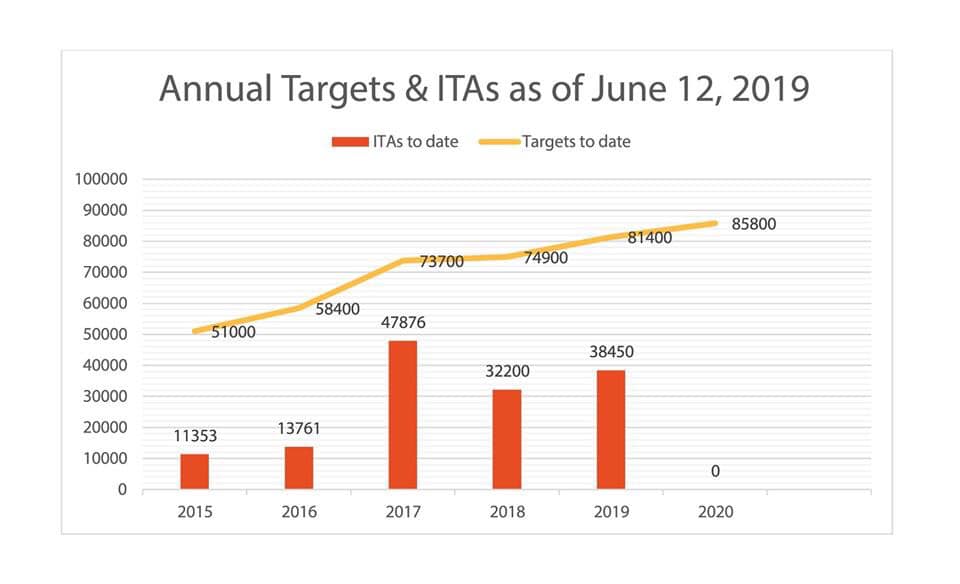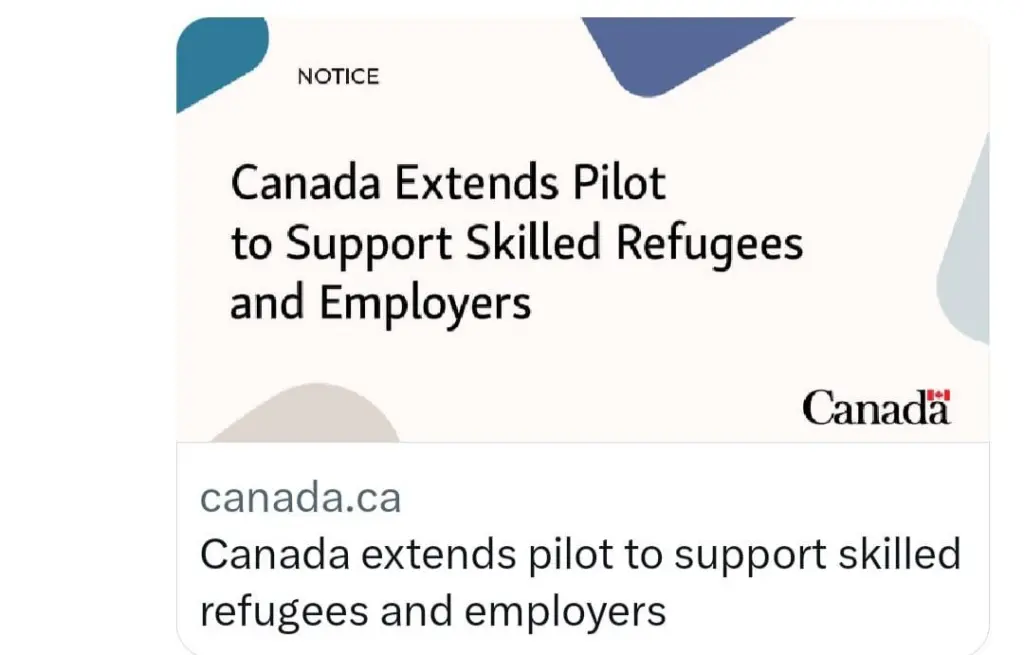Working in Canada

Working in Canada
Working in Canada as a Non-citizen
If you have recently immigrated to Canada or applied for asylum as a refugee, you may have wondered if and when you will be eligible for work. As a non-citizen, you do not have legal status, so this calls up some questions about how you can legally work in Canada.
In general, to work in Canada as a non-resident, you will have to apply for a work permit. This will have different requirements depending on your circumstances. However, there are ways that non-residents, refugees waiting on their asylum approval, and international students can all work while living in Canada.
Working in Canada as an International Student
Canada has many opportunities for international students. One unique feature is that the country offers international students the chance to make Canada their permanent residence after graduation, giving them the chance to work and establish roots in the country.
However, international students may also work up to 20 hours a week while they are still studying. This, of course, depends on the conditions of their student permit. If you are considering studying at a Canadian university as an international student, you will need to apply for a student permit before you enter the country.
Working in Canada as a Refugee
When you apply for asylum in Canada, it is difficult to know how long you will have to wait before your application is accepted or denied. On average, you will likely wait about four months for processing to finish. During this period of waiting, you can live in Canada and receive many social services. However, you do not have an official legal status until your application is accepted.
You may be able to work in Canada as a refugee. However, you will need to first apply for a permit with Immigration, Refugees and Citizenship Canada, or IRCC. If you are approved, you may then fill out an application to receive a social insurance number.
You should note that before you are approved for work, you will have to prove that being unemployed would force you to apply for welfare. You may still not be approved. Each application is ruled on a case-by-case basis.
Working in Canada as a Non-resident
If you are living in Canada as a non-resident and have permission to work, you will still be required to pay income taxes. Non-residents refer to those who have their main residence in another country, have no concrete ties in the country, or if you are staying in Canada for fewer than 183 days.
Concrete ties are considered a home, spouse or partner, or children living in Canada. There are a number of other circumstances that could legally fall under this category, just as having a Canadian driver’s license or health insurance policy. These may or may not be relevant to your legal status as a resident of Canada. Your circumstances will be reviewed for income tax purposes. If you are considering immigrating to Canada, these are important things for which to prepare.
Want to apply for a Canadian visa? Click here to start the process with our help →











